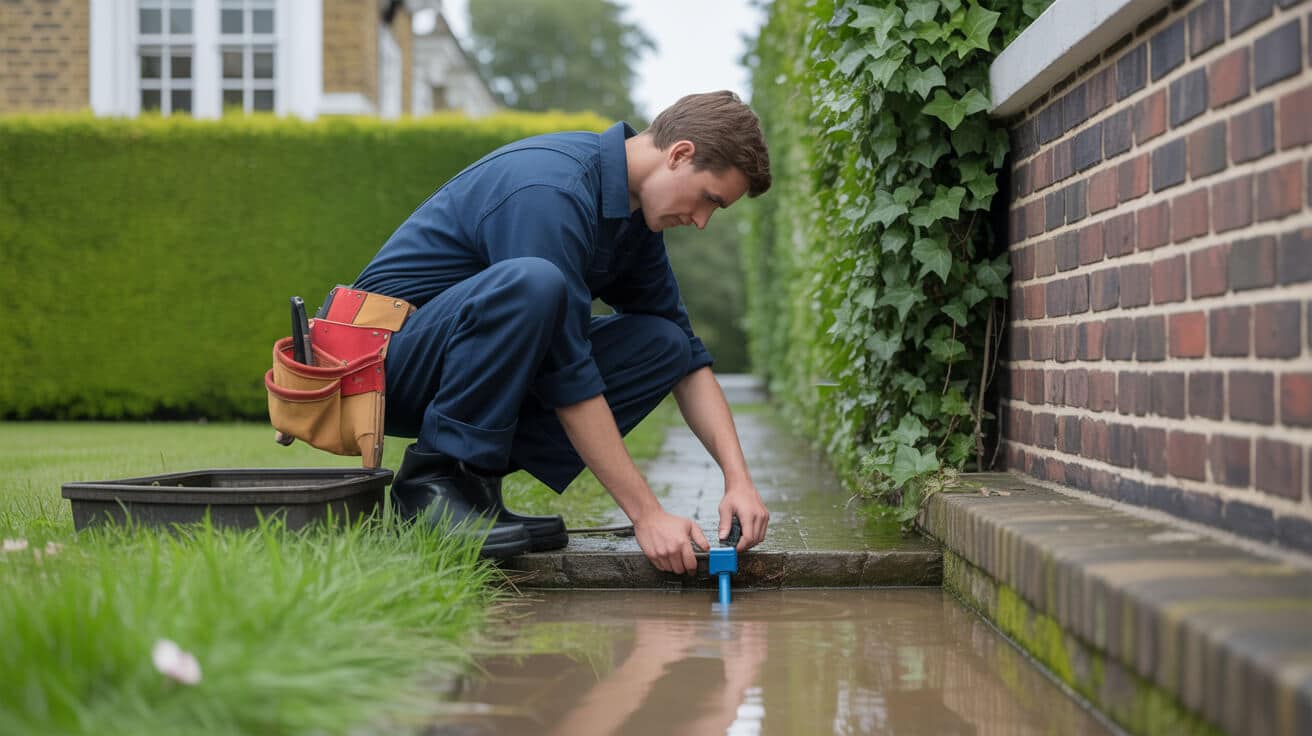 7 signs you’re dealing with an unreliable tradesperson
7 signs you’re dealing with an unreliable tradesperson

(and how to find a reputable business)
By Izzy Schulman, Director, Plumbers4U
If one of your New Year’s resolutions was to finish doing up the bathroom, sort out those ominous boiler sounds, or to finally bleed the living room radiators, you may need some help.
However, more than three-quarters of Brits said they’re nervous about using new tradespeople for the first time, with almost 40 percent admitting they’ve had a bad past experience.
In 2018, 45,000 people called Citizens Advice seeking help with their home improvement and maintenance problems, and the Federation of Master Builders estimates cowboy contractors cost the UK economy £10bn a year.
Here are 7 tell-tale signs to help you avoid unreliable tradespeople, so you don’t end up out of pocket with a poor or unfinished job.
1. No accreditation
If there’s no sign of a company’s legitimacy, alarm bells should ring. There are several accreditations you should look for from legitimate businesses.
Some of the main organisations are the Federation of Master Builders (FMB), TrustMark and National Federation of Builders (NFB): All plumbers should be Gas Safe Registered and it can be an added bonus if they are part of the CIPHE, although this is not a legal requirement.
2. Insurance
Public liability insurance may be voluntary, but it covers the tradesperson for any potential damage caused to your property. You’ll sleep better knowing someone has the right insurance to compensate you if the worst happens.
3. “I don’t do red tape”
Make sure a tradesperson is happy to provide you with signed time estimates and cost quotes in writing. Ensure there is an official signed contract in place before work starting too.
A contract is legally binding and without one, it’s simply one person’s word against the other, leaving you in a potentially vulnerable position.
4. Impossible to find
If you’re not provided with a registered business address or even a number or website, be wary.
You can double-check details on certain websites, which check qualifications, insurance and customer recommendations
5. Too good to be true?
If something sounds too good to be true, it usually is. Some contractors even pare down their prices and later exploit loopholes in contracts to charge for ‘extra overs’.
Always source at least three different quotes so you get an idea of what a job should cost. Reduced rates for cash-in-hand work put you at risk as you could you be prosecuted for VAT fraud if caught.
There is also no guarantee on the work done, so you may end up paying even more to repair someone’s shoddy handiwork.
6. They want an advance…
A company should never ask for you to pay upfront, in cash. Established and reliable companies should be able to buy materials and be happy to be paid on completion, or in stages as work progresses.
Always request an invoice; if there’s a paper trail, you’ll be legally covered for any issues which might occur.
7. ‘Extra’ jobs keep cropping up
Unexpected problems happen– which is why we put contingency budgets in place – but be suspicious if a company keeps coming to you with extra issues, offering to fix them as a favour while at your property… at an additional cost, of course.
What to do if you’ve fallen victim to a cowboy tradesperson
The first thing you should do if you suspect your hired tradesperson isn’t meeting the agreed terms is to try and speak with the professional to put the problem right. Be proactive and address issues early
If this doesn’t work, call the Citizens Advice Bureau and tell them you wish to report a trader to a relevant third party like Trading Standards, as soon as possible.
The CAB recommends reporting the person or company you hired if they:
- Misled you into buying products or services
- Didn’t carry out work properly and left your home in a dangerous state
- Pressured you into buying something you didn’t want or need
The best results come from projects where a clear brief has been drawn up before work starting, as each party knows who is responsible for what, and any discrepancies can be resolved by checking the written contract.



